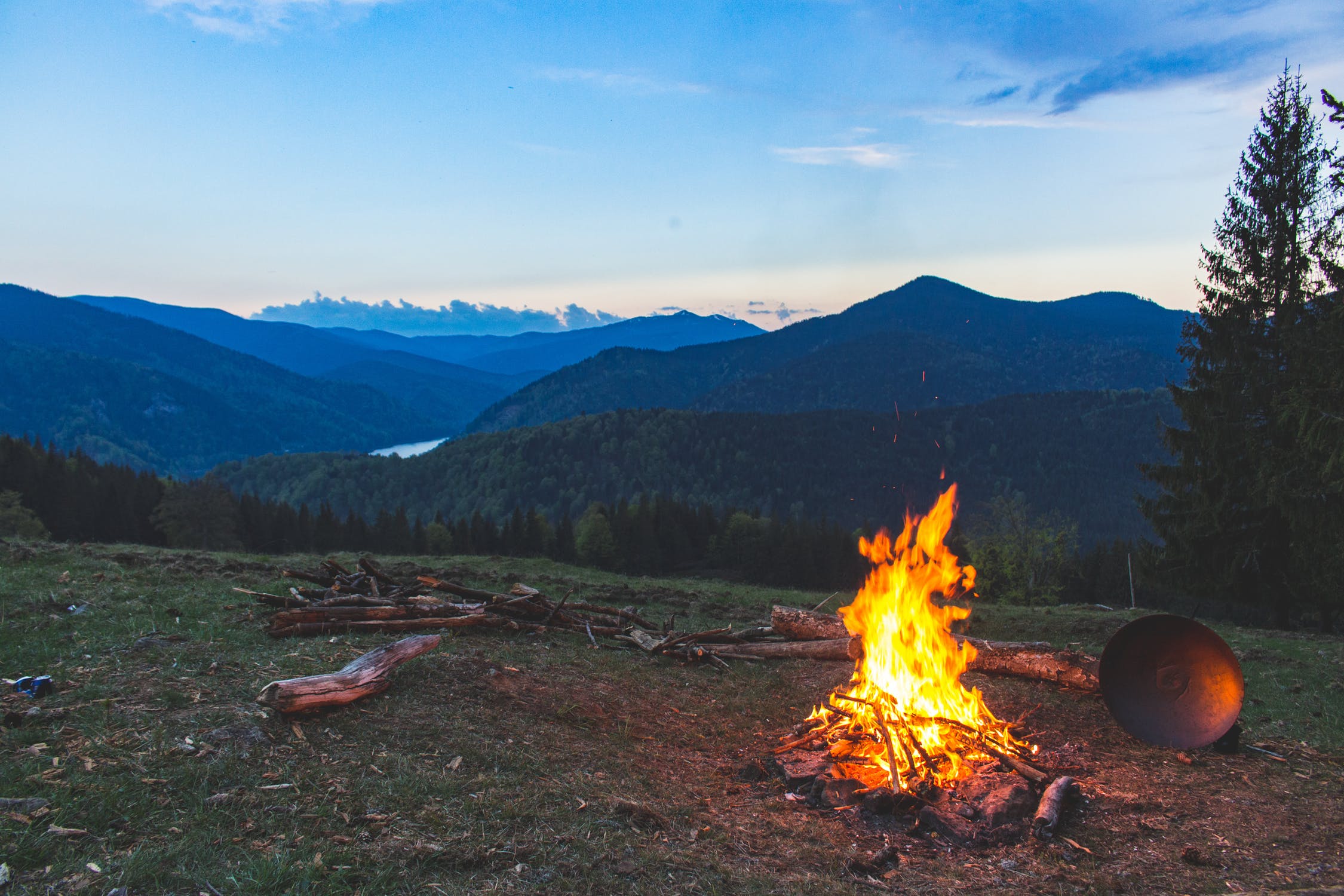Hunting is a beloved activity practiced by millions around the world, but how many people actually do it at night? In reality, nighttime hunting has experienced surging popularity over recent years. Thanks to developments in tech, calibrated hunting gear, and more data collected on animals and their natural habitats, a growing number of hunters are tempted to venture out past sunset. And while the darkness factor does add to the danger considerably, nighttime hunting is both exciting and fun. In the following article, we explore some of the facets of hunting at night, and why you should give it a shot (no pun intended).
A Unique Experience
Are you looking for a good thrill and an added challenge? If the answer is “yes,” nighttime hunting is its own experience. You may be used to spotting, observing, and catching prey during daytime, but when the sun sets and the darkness falls, it’s another ball game. Now, unless you’ve been gifted with infrared or thermal vision, you’ll need to rely on your other senses if you don’t want to go back home empty-handed. In particular, your sense of hearing and your situational awareness will be very useful assets to help you locate your prey, lock it, and kill it.
Different Species
If you’re growing tired of catching the same old prey, you might want to wait until it’s dark and quiet to explore the wilderness. In contrast to diurnal animals, nocturnal animals only come out at night to hunt and wander around. Depending on where you live and the topography of the environment, some of the most popular nighttime species include coyotes, foxes, bobcats, feral hogs, raccoons, opossums, bats, and various birds. In any case, it’s best to proceed with some research before loading up your shooting rifle; many of these species are protected wildlife, which means hunting them is strictly illegal.
Nighttime Hunting Essentials
Naturally, hunting at night requires its own gear, and the inability to see clearly will be your biggest obstacle. You want to be as stealthy and undetectable as possible so as not to spook animals whose night vision is considerably more developed than ours. For starters, never use a torch or a head-mounted flashlight. If you want to catch your prey successfully, you’ll have to blend in with the darkness. Instead, opt for a night vision monocular or a thermal camera; this helpful guide is bound to be a good first step to determining what kind of night vision device will help you conquer your adventure like a boss.
Regarding firearms, you have a host of options to go for. Generally, your favorite hunting rifle will do the job nicely, but avid hunters will prefer tactical AR-style assault rifles. Simply ensure that you bring enough ammunition, that you have an adequate scope, and remember to proceed with all the safety precautions while carrying and operating your firearm. A silencer (or “suppressor”) will also come in handy to limit the level of noise. In addition, how you dress will also affect your overall experience; nighttime often rhymes with cold temperatures, so be sure to wear sufficient layers to keep yourself warm and comfortable. Snake-proof boots are also a nice-have.
Animal Population Control
A prime reason why people decide to hunt at night is to control animal populations that are deemed “nuisances”. If raccoons or opossums have been wreaking havoc in your backyard or estate land, nighttime hunting may be a solution to get rid of them as these are mainly nocturnal species. They can destroy crops, ravage soils, and breed like there’s no tomorrow. That’s why regulations are pretty lax in that regard, when the hunting is done responsibly and on private property. Otherwise, if you decide to hunt on public grounds, be sure to conduct research on your local legislation to avoid hefty fines.
Great Summertime Activity
Nighttime hunting can be a superb activity to be practiced during the summer. In fact, animals will often come out at night to avoid daytime heat. This is a perfect opportunity for spotting more animals, namely while they’re not too “on edge”. While summertime hunting is usually off-limits in many states, depending on your local jurisdiction, you may be allowed to hunt certain species at night. So, might as well take advantage!
Hopefully, this guide should have provided you with some useful insights on the world of nocturnal hunting. Without the sun, this favorite pastime becomes even more suspenseful and exhilarating. It can be a formidable way to add some excitement to your hunting routine, target new species, and keep unwanted animal populations under control. Invariably, it’s a very formative experience for those looking to sharpen their skills and take their hunting to the next level.


